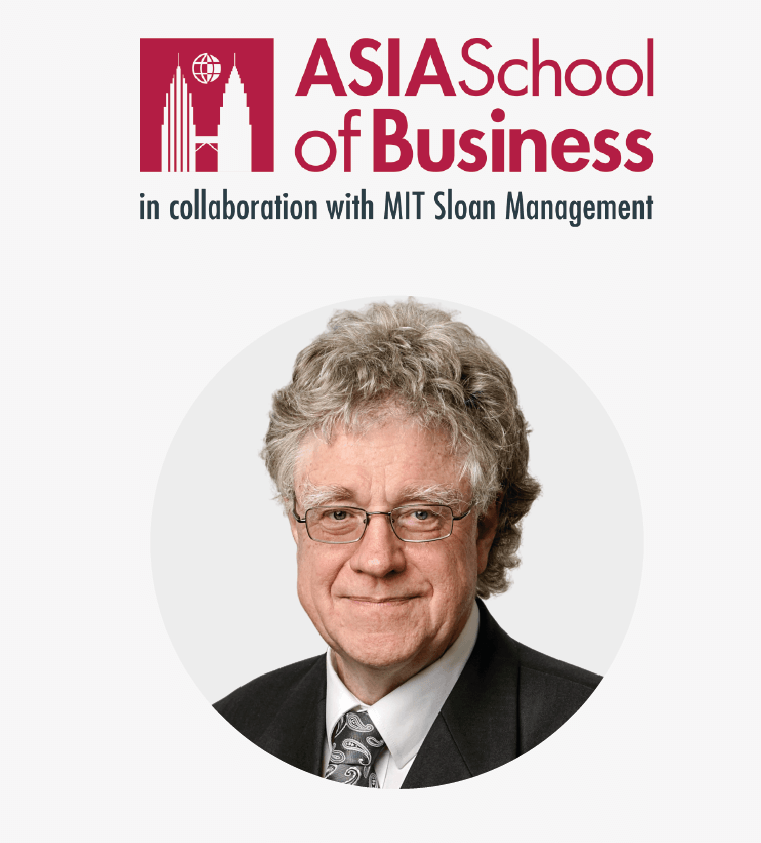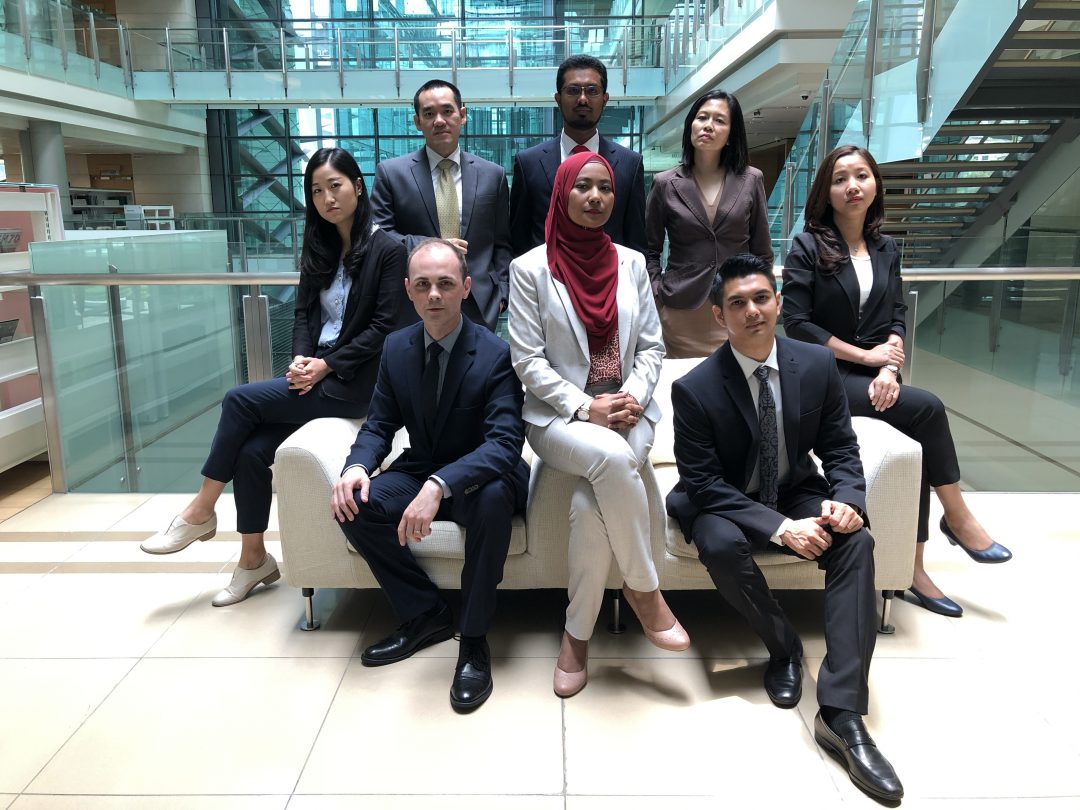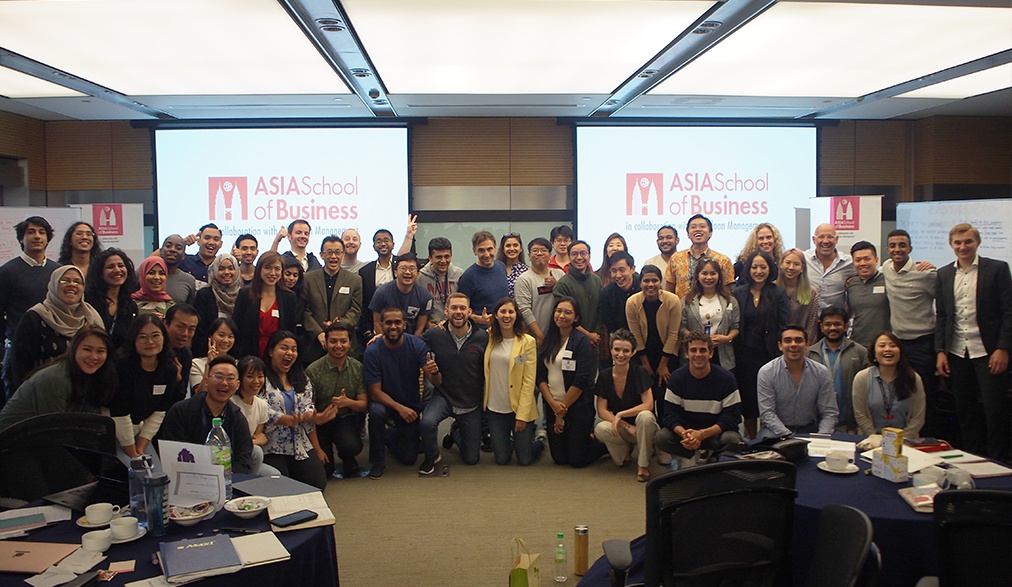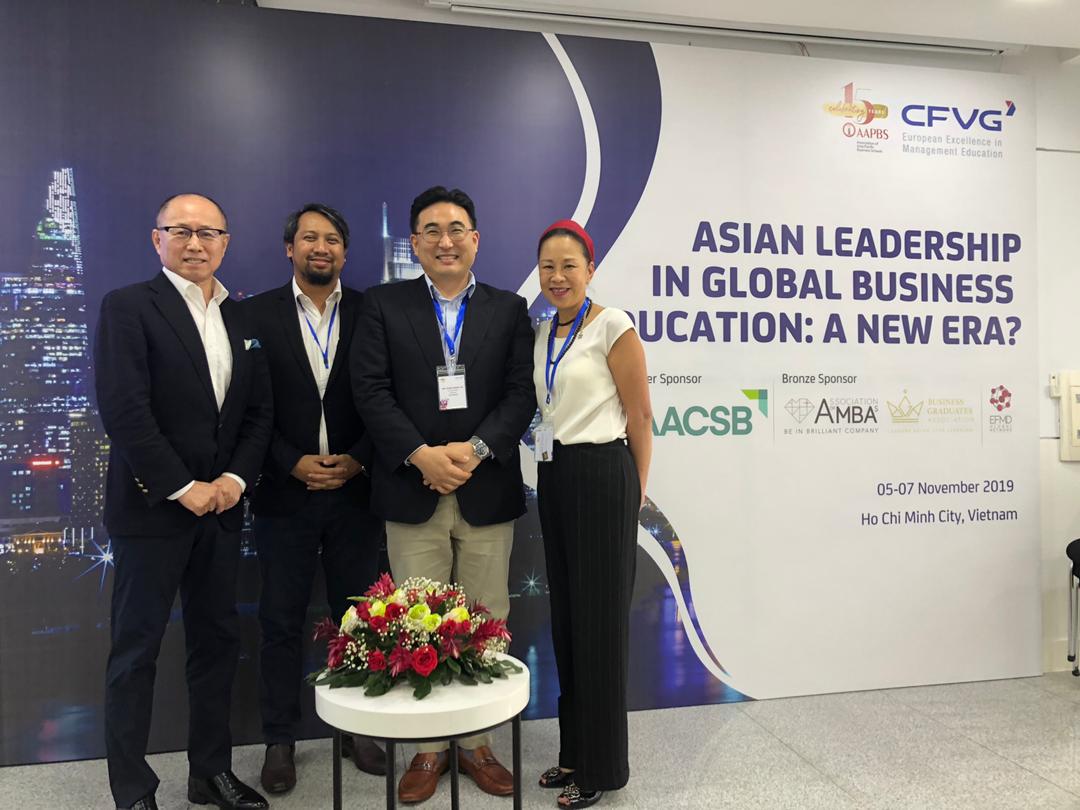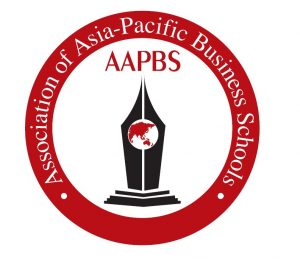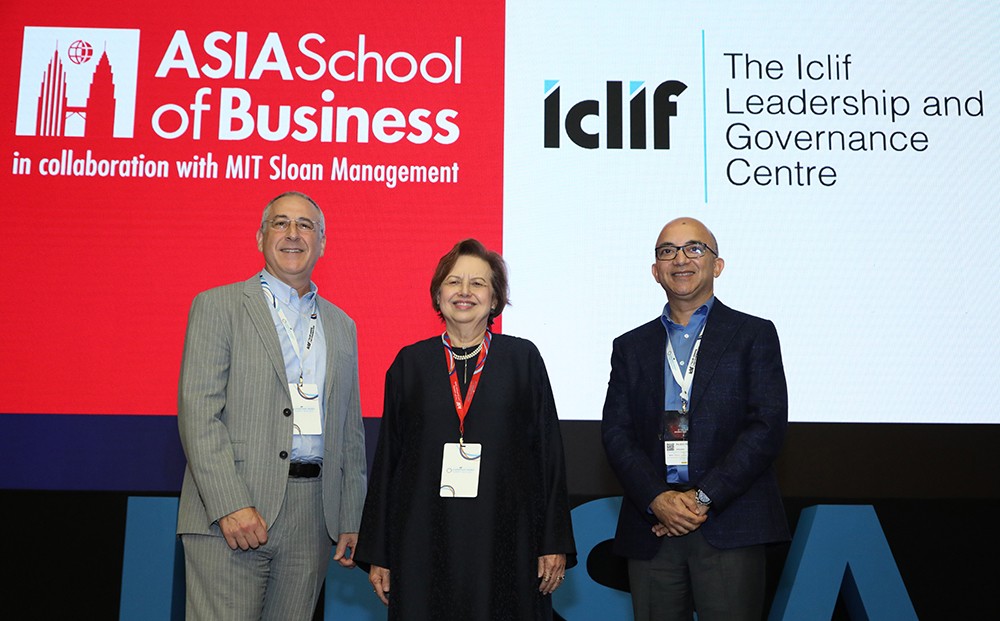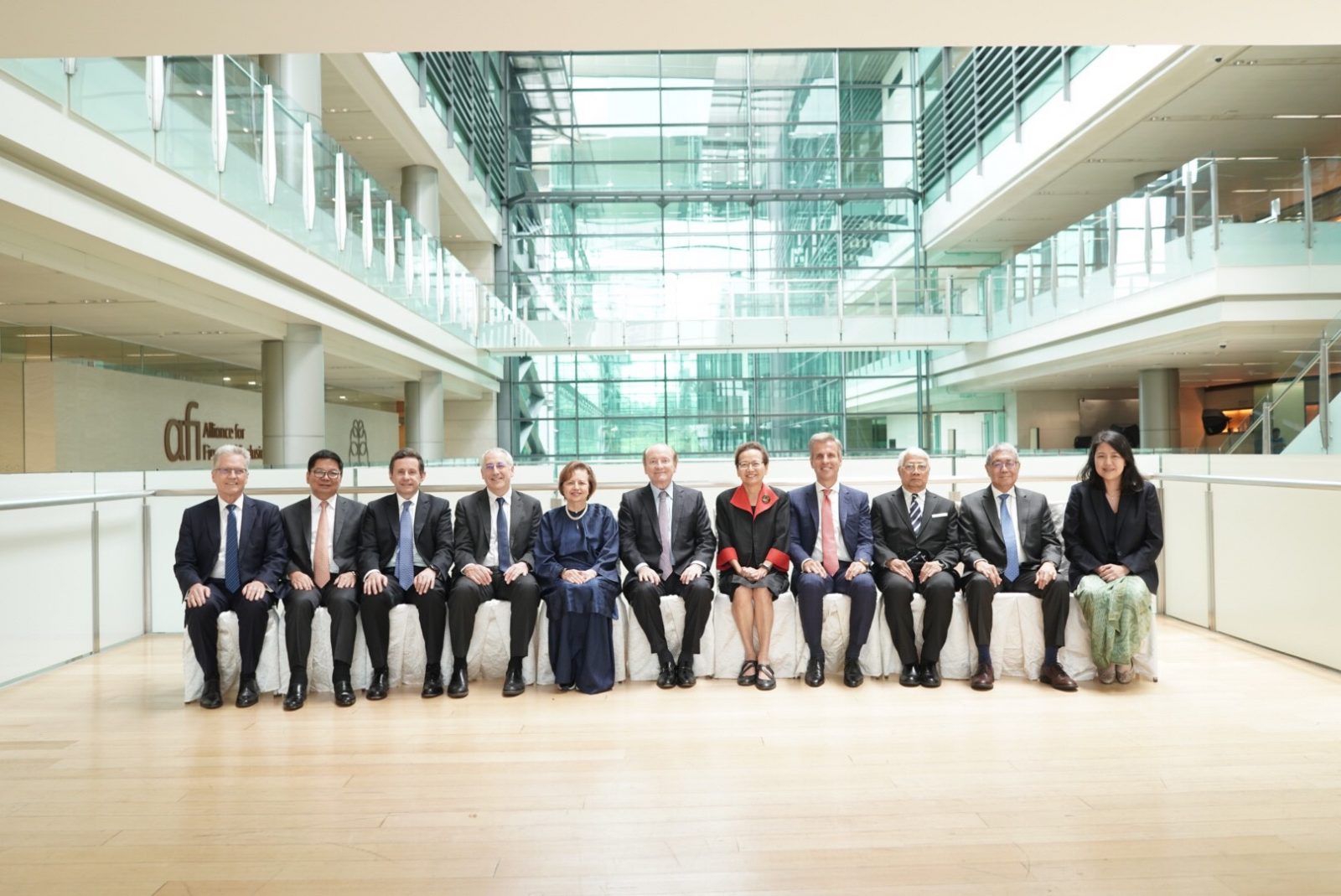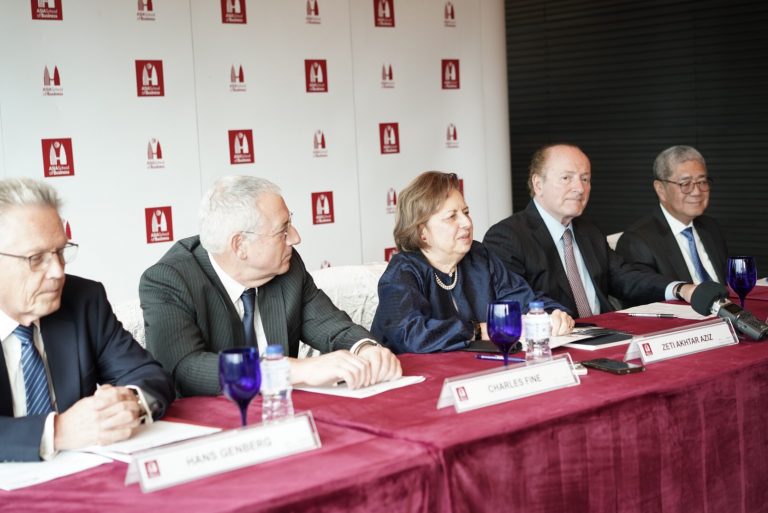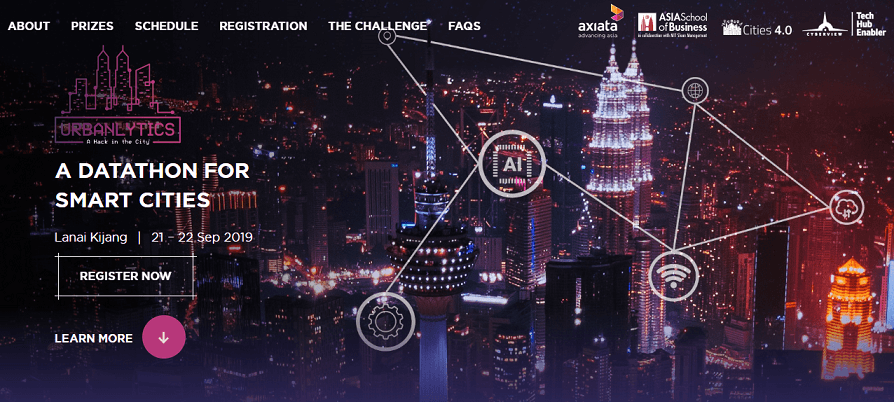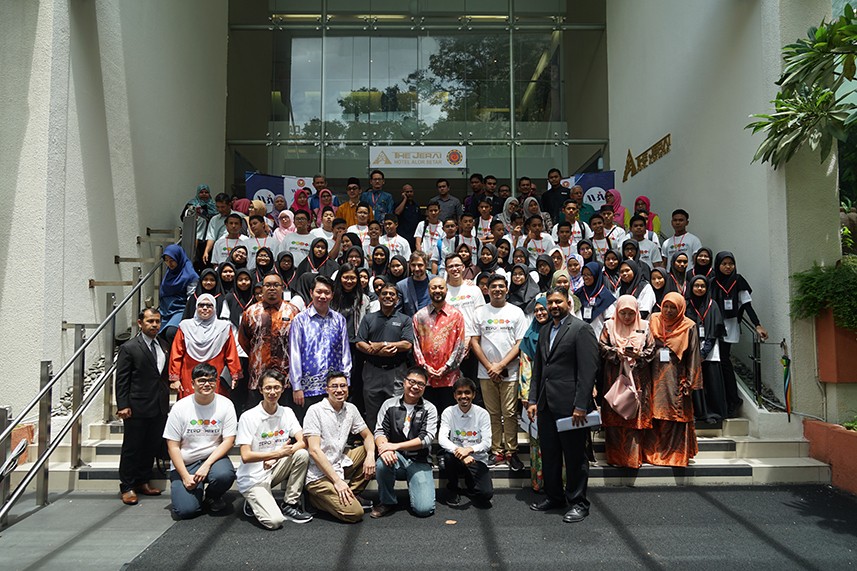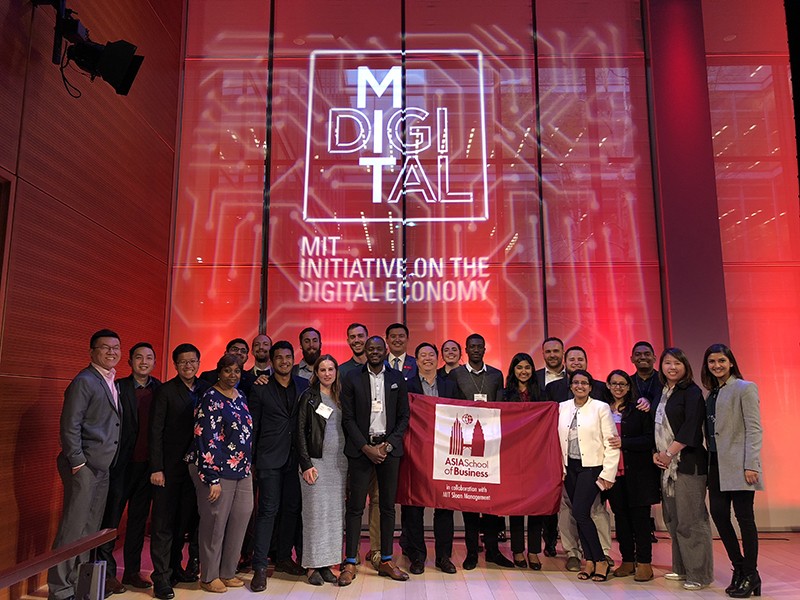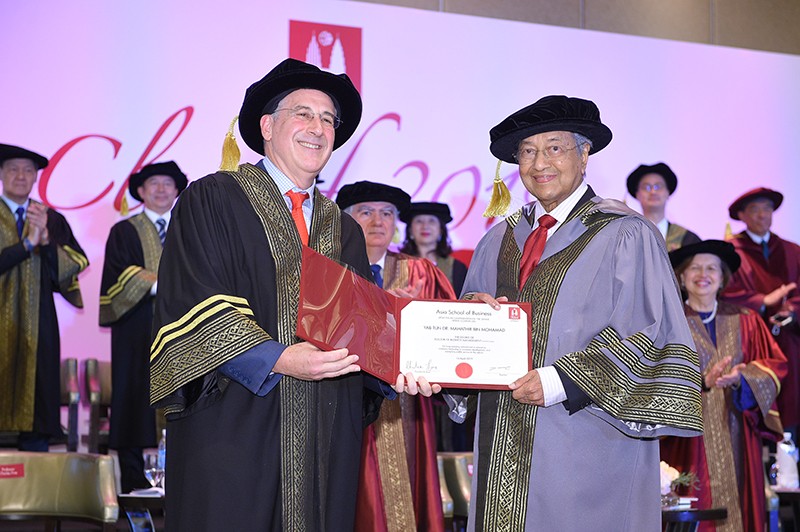The concept of big data and data analytics has been around for years but has become more integral as a tool to better understand customer needs and assist in business decision making. Axiata, Asia School of Business and Cities 4.0 are looking to expose, nurture and develop a greater pool of specialists in this fast-emerging area of expertise and skills required in an increasingly connected world.
Urbanlytics 2019 is an opportunity for all passionate data scientists to implement machine learning algorithms for developing interesting AI solutions during the datathon (an intense weekend-long competition). Axiata, Asia School of Business and Cities 4.0’s inaugural collaboration is intended to provide a platform for top Malaysian talent and a community for all aspiring data scientists to show their insights in creating real impact on the daily lives of Malaysian citizens. Outcomes may include visualizations, insights into specific variables and predictions or analyses involving external datasets. Considered a data-focused hackathon, the datathon will provide participants with complex datasets and the challenge to develop models and insights over the weekend that lead to practical solutions which can impact real-life business.
Participants will be mentored and guided by leading industry professionals in analytics, including experts from leading industry association TM Forum and Axiata’s very own Analytical Center. On Monday, 23rd September 2019, the champion team will have the opportunity to receive the Grand Prize from YAB Tun Dr. Mahathir Bin Mohamad, Prime Minister of Malaysia at Hotel Istana where the 2nd edition of Cities 4.0 Conference and Exhibition is happening on 23rd and 24th September 2019.
Dr. Hans Wijayasuriya, Axiata’s Corporate Executive Vice President and Regional CEO, said, “In our broader goal of Advancing Asia, we aim to bring together the best in the region in terms of innovation, connectivity and talent. Through this datathon, we want to develop, harness and build a talent pool of Malaysian experts in data sciences as this is marked as a highly desired future profession for talent coming out of Asia. This also provides for an opportunity to imbue talents with similar passion for data in society and show the social impact that data-driven solutions can bring to Malaysia and the wider region.”
Building upon this vision, Pedro Uria Recio, head of Axiata Analytics Centre adds, “After our successes in Bangladesh, Sri Lanka, and Malaysia where we have hosted a total of 400 data-enthusiasts, we are excited to be hosting another datathon this year. At Axiata, we are dedicated to leveraging innovative data science and data storytelling to deliver regional impact to serve over 350 million subscribers in 11 countries.”
According to Willem Smit, Assistant Professor of Marketing at the Asia School of Business and International Faculty Fellow at MIT, “The Asia School of Business aims to create change-makers and we believe that this collaboration with Axiata contributes to that. The Urbanlytics 2019 datathon will be a great opportunity for talented minds to grow and highlight their capabilities to drive change in their society through data,” said Smit.
Urbanlytics 2019 Challenge Details
The challenge is entirely focused on the open-source culture of creating code and algorithms. Urbanlytics 2019 is suitable for individuals from various backgrounds, including but not limited to data scientists, data engineers, programrs, graphic and interface designers, data journalists, data community activists, computer engineers, IT professionals and business consultants.
Participants will be required to form teams of 5-7. On the 21st and 22nd of September 2019, Axiata will release the completely anonymized dataset and the teams will have 24 hours to come up with solutions to real business challenges. The judging panel will then select the top 5 teams to pitch their ideas, after which 3 teams will be selected as winners. Axiata is offering over RM30,000 worth of prizes, for its team and individual categories.
Registrations for Urbanlytics 2019 open on 9th August 2019 and interested individuals can register at this link: www.axiata.com/urbanlytics/ . For more information, please email urbanlytics@axiata.com.
________________________________________________________________________________________________________________________
About Axiata
Axiata is one of the leading telecommunications groups in Asia with approximately 350 million customers and with a presence in 11 countries. In pursuit of its vision to be the New Generation Digital Champion by 2021, the Group has transformed itself from a holding entity with a portfolio of pure-play mobile assets into a Triple Core Strategy driven business with the focus on Digital Telco, Digital Businesses, and Infrastructure.
Within ASEAN and South Asia, Axiata has controlling stakes in market-leading mobile and fixed operators in the region including ‘Celcom’ in Malaysia, ‘XL’ in Indonesia, ‘Dialog’ in Sri Lanka, ‘Robi’ in Bangladesh, ‘Smart’ in Cambodia and ‘Ncell’ in Nepal. The Group also holds strategic interests in ‘Idea’ in India and ‘M1’ in Singapore. Axiata is on the cusp of transforming its mobile operations into Digital Telcos through digitization and convergence.
‘edotco’, the Group’s infrastructure company, operates in six countries to deliver telecommunications infrastructure services, amassing approximately 27,500 towers. Presently the 12th largest independent tower companies globally, it aims to be one of the top regional telecommunications tower companies and is committed to responsible and sustainable business operations.
Axiata Digital and Axiata Business Services are the digital businesses arms of the Group. Together, these businesses are focused on capturing the rapid growth in digital financial services (‘Boost’), digital advertising (‘ada’), enterprise solutions/IoT (‘Xpand’) and platform services (‘APIgate’) with user access to global markets.
As a committed and long-term investor, Axiata provides employment to 25,000 people within its operations. In line with its sustainability goals, the Group actively supports and drives young talent development; disaster response and recovery; as well as green initiatives. Axiata’s broader goal Advancing Asia pieces together the best in the region in terms of innovation, connectivity, and talent.
About Asia School of Business
Asia School of Business (ASB) was established in 2015 by Bank Negara Malaysia in collaboration with MIT Sloan Management to be a premier global business school, a knowledge and learning hub infused with regional expertise, insights and perspectives of Asia and the emerging economies. ASB is committed to developing transformative and principled leaders who will contribute towards advancing the emerging world and currently offers a full-time MBA, an MBA for Working Professionals as well as several non-degreed executive education programs. For more information on ASB, visit: www.asb.edu.my







